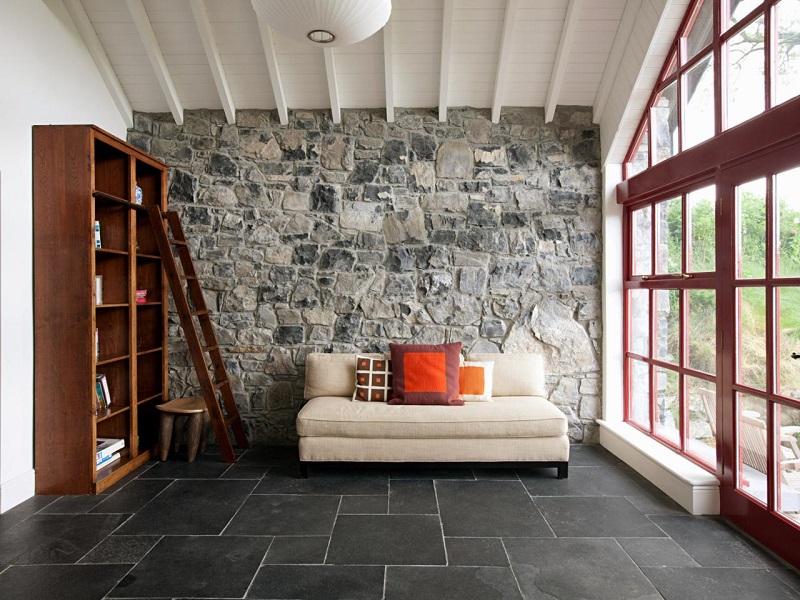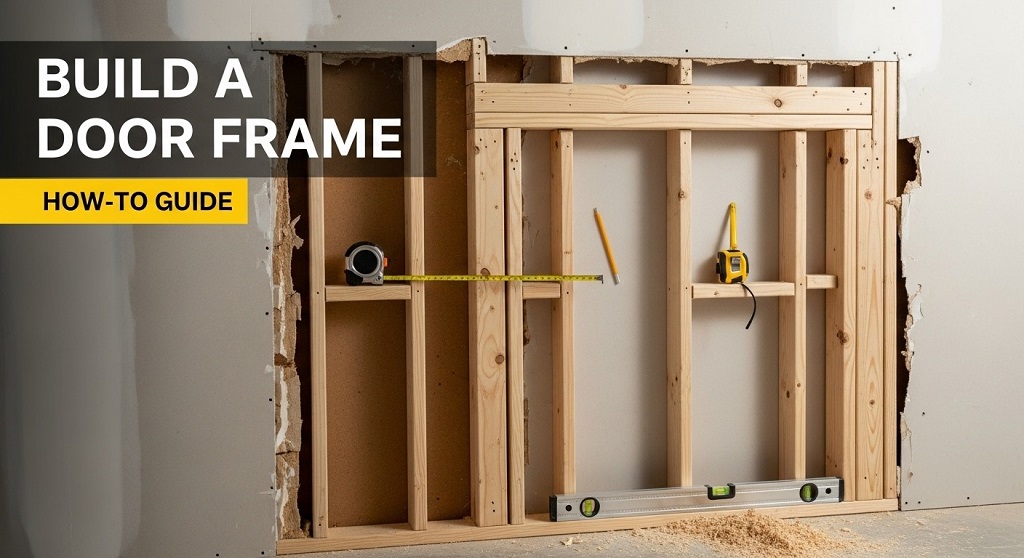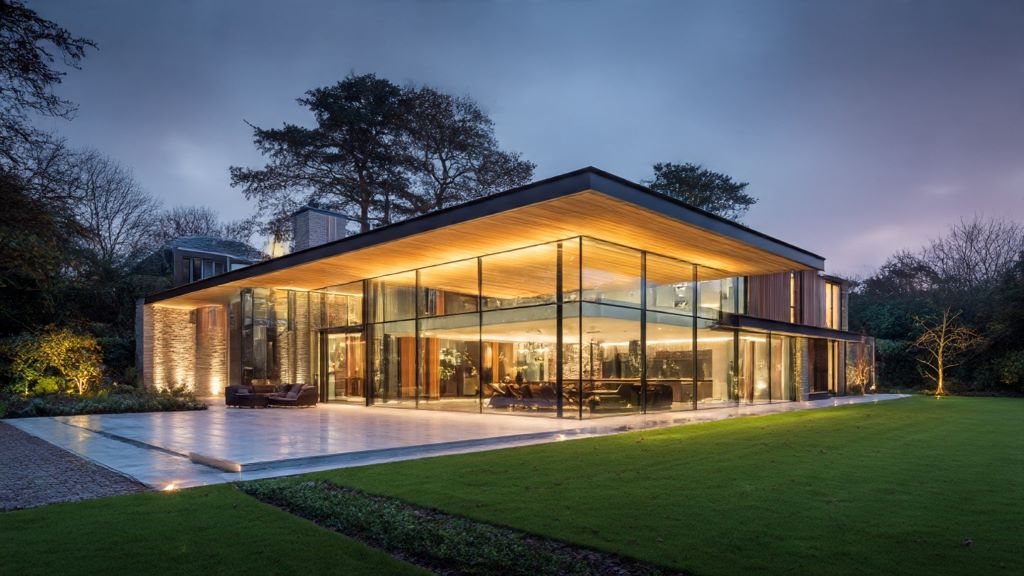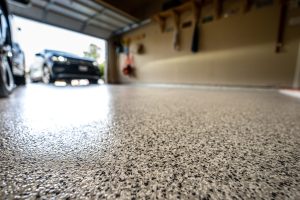Your Guide To Choose the Best Flooring For Your Home
Choosing the right flooring for your home is a significant decision. It not only sets the aesthetic tone but also impacts the comfort and functionality of your living spaces. With a wide range of options available, finding the perfect flooring can be a daunting task. This guide is designed to help you navigate through the choices and make an informed decision that aligns with your lifestyle and design preferences.
Hardwood: Timeless Elegance and Durability
Hardwood flooring is a classic choice that never goes out of style. It offers timeless elegance, warmth, and durability that can last for generations. Available in various species like oak, maple, and cherry, hardwood floors provide a wide range of colors and grain patterns to suit different design aesthetics.
The natural beauty of hardwood enhances the overall appeal of any room, creating a warm and inviting atmosphere. With proper care and maintenance, hardwood floors can withstand the test of time, making them a valuable investment for your home.
Laminate: Budget-Friendly and Versatile
Laminate flooring provides a cost-effective alternative to hardwood, replicating its appearance with high-quality photographic images. It is versatile and available in a wide range of styles, patterns, and colors, allowing you to achieve the look of various natural materials.
One of the key benefits of laminate is its durability and resistance to scratches, stains, and moisture. This makes it an excellent choice for high-traffic areas and households with pets or children. Additionally, laminate is easy to install, making it a popular DIY option for homeowners.
Tile: Durable and Low-Maintenance
Tile flooring, whether ceramic or porcelain, is known for its exceptional durability and low maintenance requirements. It is highly resistant to moisture, making it suitable for areas prone to spills, such as kitchens and bathrooms.
Tiles come in a wide array of colors, patterns, and sizes, allowing for endless design possibilities. Additionally, they provide a cool surface that’s perfect for warmer climates. Proper sealing of grout lines is essential to maintain the longevity and appearance of tile flooring.
Vinyl: Affordable and Resilient
Vinyl flooring has come a long way in terms of aesthetics and durability. It offers an affordable option for homeowners seeking a resilient and versatile flooring solution. Vinyl comes in various forms, including sheets, planks, and tiles, allowing for customization to fit your specific design vision.
One of the standout features of vinyl is its water resistance, making it an excellent choice for kitchens, bathrooms, and basements. It also provides a comfortable underfoot feel and is relatively easy to install, making it a practical choice for DIY enthusiasts.
Carpet: Comfort and Coziness
Carpeting is known for its unmatched comfort and coziness, making it a popular choice for bedrooms, living rooms, and family spaces. It provides a soft surface that’s gentle on the feet, making it ideal for households with young children.
With a wide range of colors, textures, and pile heights available, carpeting offers ample opportunities for customization. It also provides insulation, helping to regulate indoor temperatures and reduce energy costs. Regular vacuuming and professional cleaning can help maintain the appearance and longevity of carpeted floors.
Engineered Wood: Stability and Versatility
Engineered wood flooring combines the beauty of natural wood with enhanced stability and versatility. It consists of multiple layers of wood glued together, providing increased resistance to moisture and temperature fluctuations.
Engineered wood is suitable for installation in areas where solid hardwood may be less compatible, such as basements or regions with high humidity levels. It offers a wide range of finishes and wood species, allowing you to achieve a customized look that complements your design preferences.
Natural Stone: Timeless Elegance and Durability
Natural stone flooring, including options like granite, marble, and travertine, exudes timeless elegance and durability. Each type of stone offers unique patterns, colors, and textures that add a touch of luxury to any space.
While natural stone is an investment, it provides unparalleled durability and can last a lifetime with proper care. It’s important to seal natural stone regularly to protect it from staining and moisture damage. Additionally, natural stone flooring is an excellent choice for radiant heating systems, providing both aesthetic appeal and comfort.
FAQs
How long does hardwood flooring typically last?
With proper care and maintenance, hardwood flooring can last for several decades and even up to a century. It is not uncommon for well-maintained hardwood floors to outlive the homeowners themselves.
Is laminate flooring suitable for wet areas like bathrooms?
While laminate is more water-resistant than hardwood, it is not entirely waterproof. It is advisable to avoid installing laminate in areas prone to excessive moisture, such as bathrooms or laundry rooms.
Can I install tile flooring over existing flooring?
In some cases, tile can be installed over existing flooring if the current surface is stable, clean, and in good condition. However, it’s essential to consult with a professional installer to ensure proper preparation and installation.
How often should I vacuum my carpeted floors?
Regular vacuuming is crucial to remove dirt, debris, and allergens from carpeted floors. Aim to vacuum high-traffic areas at least once a week and less frequently used areas once every two weeks.
Is it possible to refinish engineered wood flooring?
The ability to refinish engineered wood flooring depends on the thickness of the top veneer layer. Thicker veneers can be sanded and refinished, while thinner ones have limited refinishing potential.
Can I install natural stone flooring in high-traffic areas?
Yes, natural stone flooring is known for its durability and can withstand high-traffic areas. However, it’s essential to choose a type of natural stone that is suitable for the specific demands of the space.
Do I need to hire a professional for flooring installation?
While some flooring options can be installed as a DIY project, others may require professional installation for optimal results. Consulting with a flooring expert can help determine the best approach for your specific choice of flooring.
Conclusion
Selecting the best flooring for your home is a significant decision that involves considering factors like style, durability, and maintenance. By exploring the options outlined in this guide, you’re equipped to make an informed choice that will enhance the beauty and functionality of your living spaces for years to come.














Post Comment